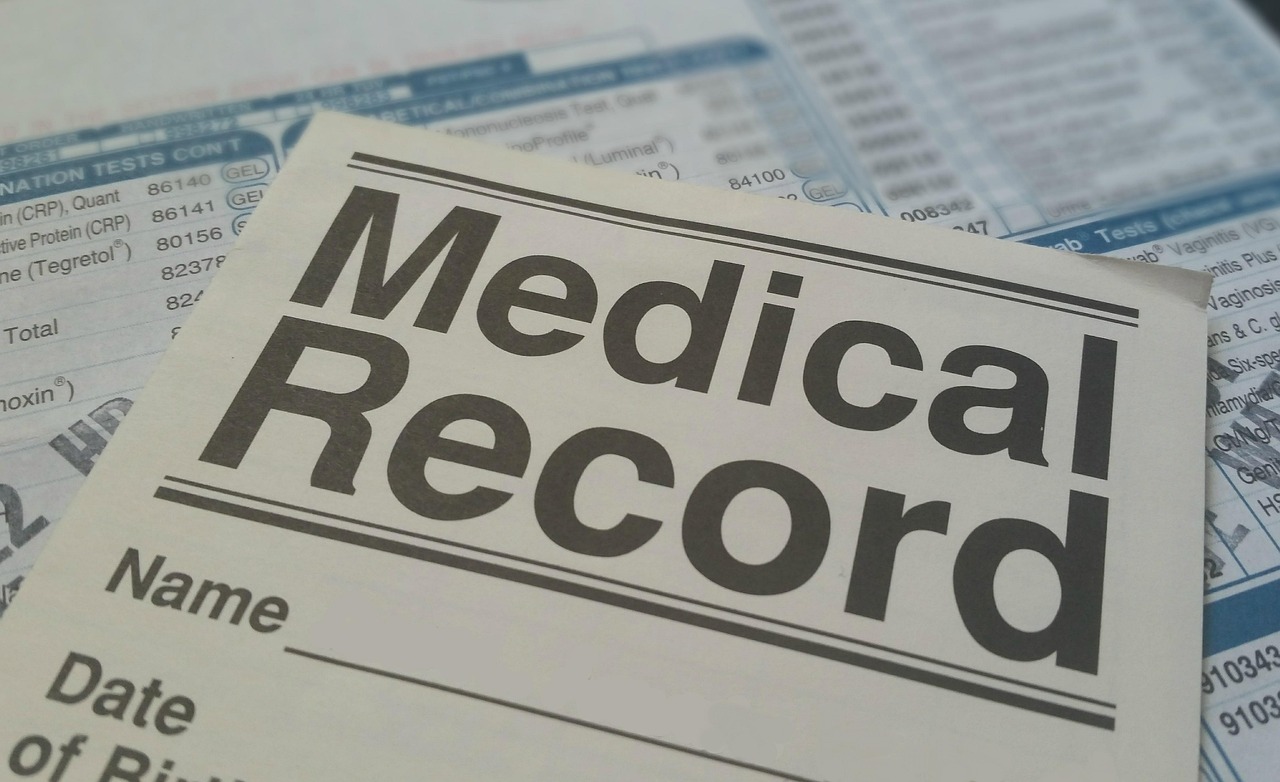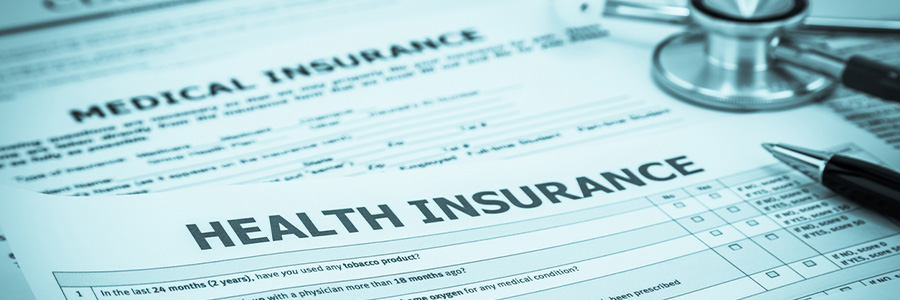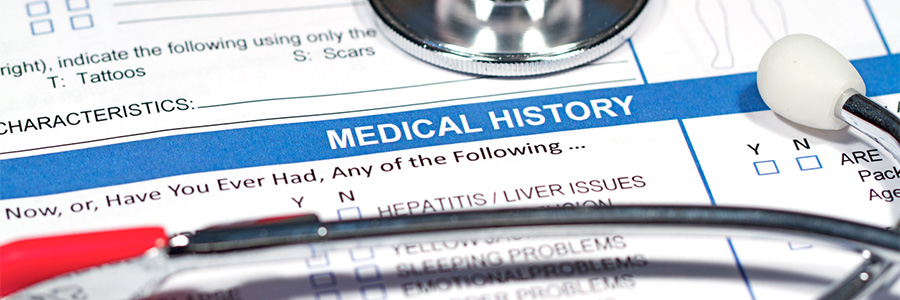Accidentally sending medical information to the wrong person is a serious data privacy breach that can expose sensitive health information (PHI) and violate privacy laws such as HIPAA. Whether you’re a healthcare provider, business associate, or even a patient who inadvertently shares personal health details, it’s essential to know
BLACK FRIDAY OFFER for EXISTING CUSTOMERS ONLY: Get One Free Summary Up to 500 Pages! Place an Order Now!














